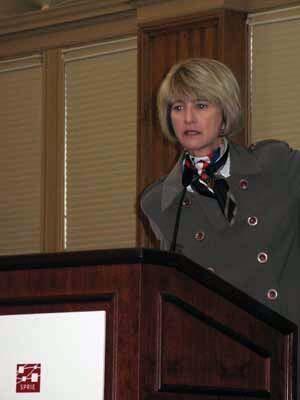Climate Change and the Social Discount Rate Debate
Climate change policy is intended in part to prevent or reduce climate change-induced disasters, events that may occur far in the future. Evaluating the validity of climate change policy thus requires a process to discount the future benefits and costs into present value. Some argue that the capital rate of return observed in the market should be used, while others advocate the use of a much lower rate to maintain intergenerational neutrality. In his talk, Professor Seong Wook Heo will discuss this debate and several related issues.
Seong Wook Heo is an associate professor in the School of Law at Seoul National University (SNU), where he teaches administrative and environmental law, and courses on law and economics. He received a PhD in law from Seoul National University. Before joining the faculty of SNU, he served as a judge of the Seoul Central District Court.
Philippines Conference Room
Seong Wook Heo
Shorenstein APARC
Stanford University
Encina Hall, Room E335
Stanford, CA 94305-6055
Dr. Heo is a visiting scholar at the Korean Studies Program for 2010-2011. He is an associate professor at Seoul National University Law School in Korea. He holds a Ph. D. in law from Seoul National University. Before joining the faculty of SNU, he served as a judge of Seoul Central District Court in Korea.





